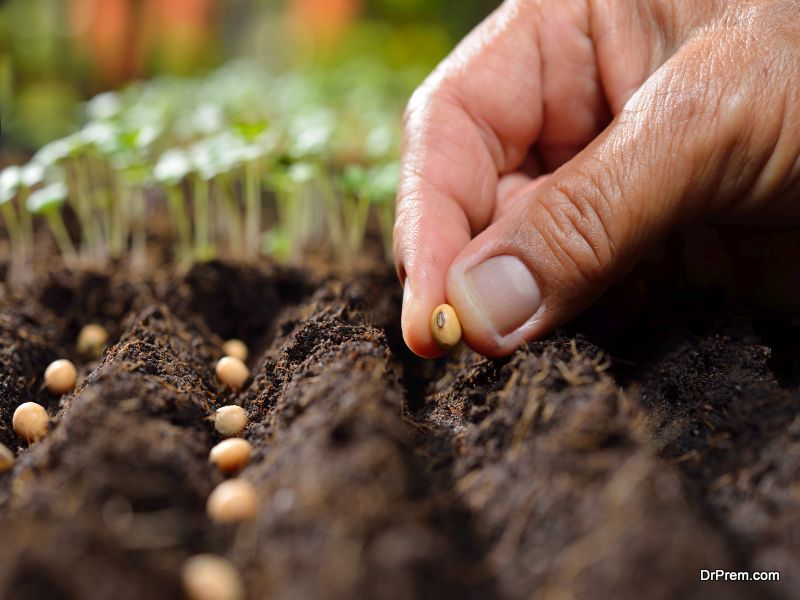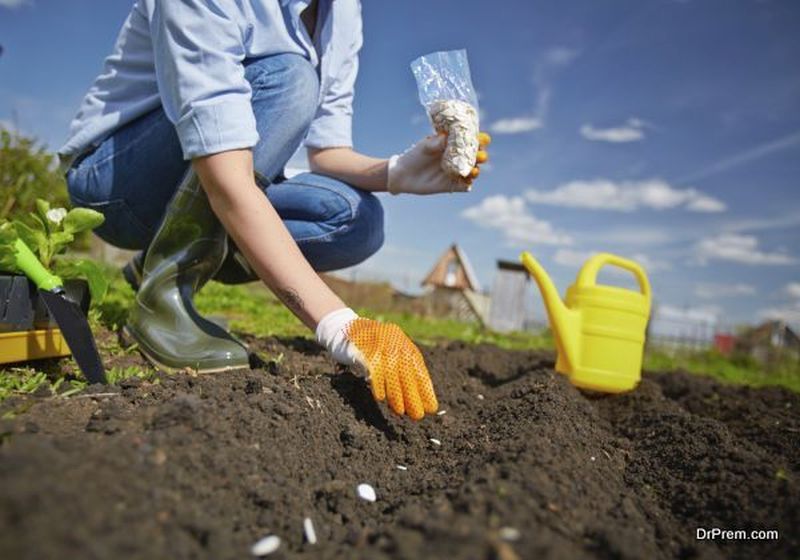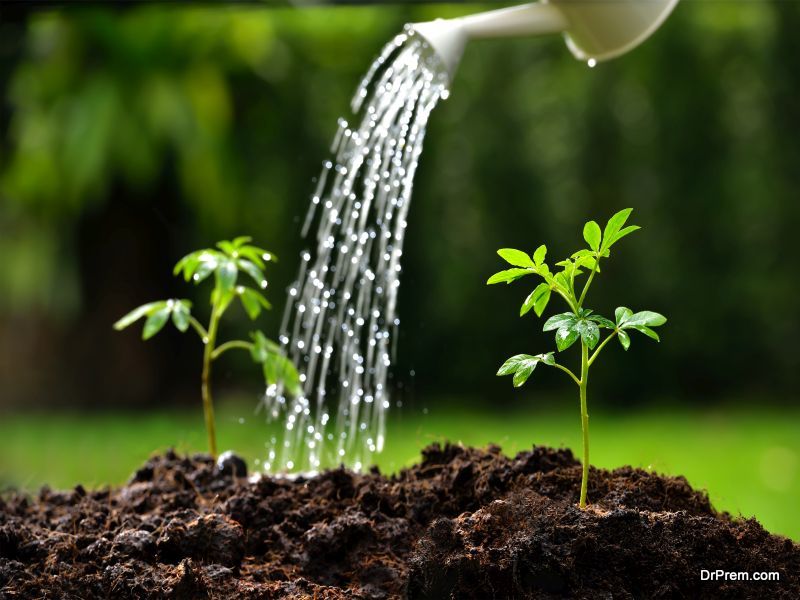While a “green” garden might seem a little oxymoronic, you’d be surprised how many gardens are inefficient and less than helpful to the local environment. If you’re going to grow a garden, choosing the right seeds is an element that must be taken seriously within the larger equation.
Choosing the Right Seeds for Your Garden
Seeds really are one of the amazing miracles of life. The fact that these tiny specks of matter can grow into plants that are thousands of times their original size – in a matter of months, no less – is astonishing. And though it’s easy to forget about the seed once the plant ambitiously bursts through the soil, the quality and vibrancy of the harvest will be directly impacted by the type and quality of the seed that was sowed months before.
As you think about how you can make your garden as green and sustainable as possible, let’s take a deeper dive into the role of seed selection.
1. Understanding the Terminology
You can’t do very much in the way of seed selection if you don’t understand the terminology that’s used to describe and differentiate various types of seeds. Here are some terms you need to know:
- Open pollinated: These seeds are known to “breed true.” This means they produce plants that are exactly the same (or very similar) to their parents.
- Heirloom: There are individual varieties within this category, but most heirloom seeds are open pollinated and have been saved over many generations – hence the name.
- Organic: These seeds – which are extremely popular right now – come from plants that comply with strict USDA organic standards.
- Hybrid: As the name would suggest, these seeds result from two different varieties of plants being crossed together. While the resulting plants won’t “breed true,” they typically feature the strongest characteristics of both plants (making them hardy and ideal for specific climates).
- Non-GMO: Grown with no recombinant DNA technology, these seeds are among the healthiest. Any seed on this list can be GMO, unless it has the non-GMO label.
2. Important Seed Characteristics
In addition to the type of seed you select, it’s also important to think about individual seed characteristics. This is something large-scale farmers are meticulous about when selecting seeds for their land.
Take Canola seeds as an example. Farmers compare canola seeds based on factors like maturity, agronomic traits, and disease resistance capabilities. While your financial livelihood might not depend on choosing the right seeds, there’s something to be said for taking a similarly rigorous approach.
3. Location Matters
It’s always nice to buy locally sourced goods. It’s encouraging to support local businesses and maximizes sustainability. But purchasing locally sourced seeds is about more than just supporting local companies.
“It works like this: seeds grown and harvested in the immediate region come from genetic lines that have slowly adapted to the climatic, even soil, conditions of the area,” One Green Planet explains. “Local gardeners, then, are at an advantage using them because those tomatoes or that kale has adapted to growing in similar circumstances.”
4. Grow What You Eat
Honestly, taste is a huge component of seed selection. While a lot of gardeners load up on exotic plants they’ve never tried – or plants they think they’ll learn to like – there’s something to be said for keeping it simple. If you aren’t going to like the end product – i.e. the fruit, vegetable, or herb – then planting it is a waste of space and natural resources. Grow what you eat and you’ll love what you grow.
Make Your Garden Healthy and Sustainable
If you don’t want to, you don’t have to put much effort into growing a garden. These days, you can buy a bunch of premade soil formulas, mix in some fertilizers and herbicides, and transplant a few starter plants into your garden. But even though you’ll get a harvest, you’ll do so at the expense of the land (and possibly your health).
Planting a green sustainable garden beneficial to the environment and healthy for your family commands purposeful attention to detail. This includes the smallest detail: seeds. So instead of grabbing whatever you can find, make it a point to take your time and diligently select the right seeds for your garden.
Article Submitted By Community Writer





